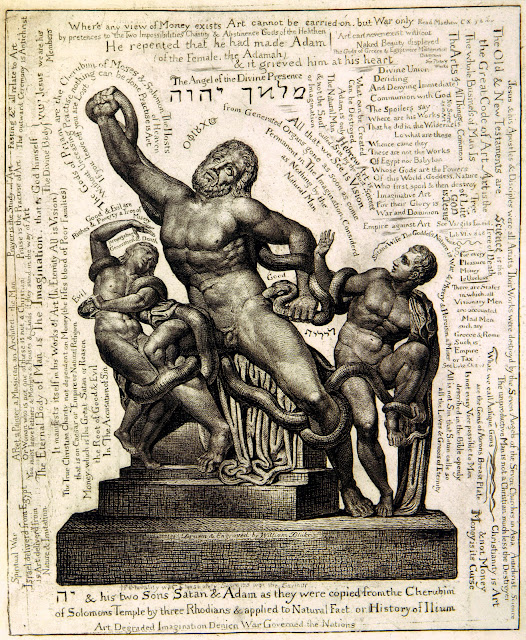 |
| Mike Madigan, far right, at the 2013 signing of the Religious Freedom and Fairness Act . |
I love writing freelance, and have done so for some of the top publications in the world: Esquire, Rolling Stone, Forbes, Granta, The Washington Post ... quite a long list really. The reasons hardly need mentioning. Other publications provide an outlet for stories that the paper isn't interested in—there was no way the Sun-Times wanted 6,000 words on being disfigured. But Mosaic, the London website did. It also sent me to Japan for a teddy bear's birthday party, which the paper wasn't going to do either. Esquire asked me to shadow Rahm Emanuel for three days. Men's Journal once hired me to paddle a canoe down the Chicago River. Stuff like that. The money's nice, of course. There's also a sense of validation. For a moment, I'm not just a local oddity, but a local oddity echoing faintly in the larger world.
The requests haven't come in much lately, which I took to be the gathering isolation and irrelevance of age. So I was glad when the Washington Monthly asked me to read Ray Long's new book and write something about the disgrace of Michael Madigan. I asked the editor why he chose me—I have not exactly distinguished myself with my Springfield coverage (the lede is a sly way of saying, "This doesn't generally interest me, but...") He replied that I spoke to Dick Babcock's class at Northwestern seven years ago, and he was in it. A reminder: always be nice to young people coming up, because you never know when you'll be working for one.
State legislators are like ants on a log. There are too many of them and they are too small, running around too fast to recognize as individuals, let alone track their efforts. Even if the log is in your backyard, why bother paying attention? Given the typical statehouse task—dragging bits of legislative leaf around—only the most dedicated political junkies even bother to try.
Occasionally, though, one leader plants himself in the center of the action long enough to offer a pathway not just to understand what’s going on in one colony, but also to illuminate the general calamity poisoning our increasingly toxic national political culture: the money, influence, rule bending, and self-dealing that deform government at every level.Meet
Michael J. Madigan, the tight-mouthed enigma at the center of the Illinois legislative anthill for more than a third of a century. Nicknamed “the Sphinx” for his expressionless silence and windblown longevity, Madigan was the last operative drive shaft from the old Daley Democratic machine—forged by
Richard J. Daley, Chicago’s infamous mayor from 1955 to 1976— where clout was built on a system of mutual support: You vote the right way, and I’ll make sure your son gets a park district job. Throughout his career, Madigan was chairman of the Democratic Party of Illinois, committeeman of Chicago’s 13th Ward, and speaker of the Illinois House for 36 years, the
longest-serving leader of any legislative body in American history.
Reviled by Republicans as “the center of all evil in state government,” Madigan endured while governors came and went. When Republican Jim Edgar became governor in 1991, Madigan didn’t return his phone calls for months. Madigan didn’t need him; he was served by a patronage army of 400 drones beholden to him for jobs, raises, and promotions, who would leap to campaign, knock on doors, and buttonhole commuters to sign petitions. (Or, in one infamous ploy, the opposite:
hectoring residents of Madigan’s district to sign affidavits retracting their signatures on the nominating petitions of a 19-year-old who dared run against the state’s most powerful politician’s chosen alderman. The lad had no chance of winning, but so ruthlessly had the speaker’s operatives clawed signatures back that some 2,600 voters agreed to renounce signatures they had never given.)
Madigan was an accepted reality of life in Illinois, like the weather, or, more accurate- ly, like God, a mysterious force in His Heaven, spinning works and mysteries.
Then it all changed.
First, the #MeToo revolution of 2018
rattled the Madigan organization,
taking down his longtime chief of staff, Tim Mapes, and top aide, Kevin Quinn, amid accusations that Madigan didn’t do enough to stop them from sexually harassing their female colleagues. Sunlight started pouring through the cracks. Madigan gave the
first deposition in his life. The U.S. Department of Justice’s federal investigation into Madigan’s alleged corruption
circled nearer. For years, Madigan had used an electric utility company, Commonwealth Edison, as a “crony job service” that issued direct payments to Madigan’s allies, such as the $4,500 a month it
funneled to the Cook County recorder of deeds, Ed Moody, for “consulting.” In return, Madigan advanced legislation that was favorable to the utility. He would also steer business to his private law firm, including clients who had business before the state.









